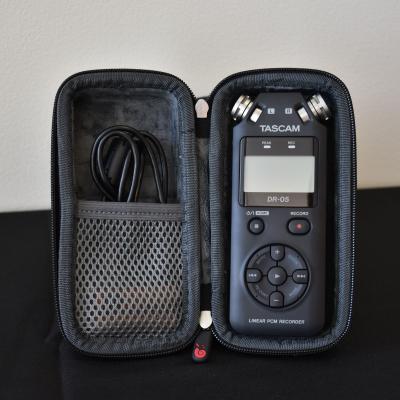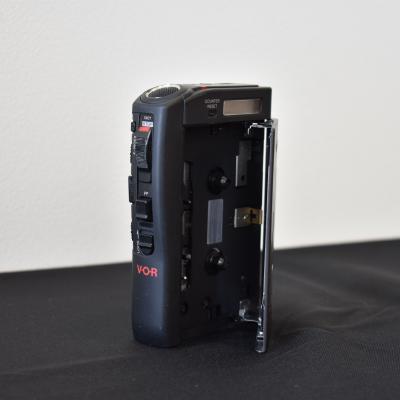What Limitations are Present
Oral history is celebrated by its practitioners for its humanizing potential, bringing the narratives of people and communities typically absent in the archives into the conversation. However, as these histories expand to include the sheer breadth of human experiences, certain limitations begin to arise that challenge the oral history model and present historians with obstacles to overcome.
Sensitivity is one such issue that many interviewers struggle with, especially when it comes to topics that are themselves very sensitive. Trying to maintain a substantial emotional and professional distance from a subject can be difficult when talking about experiences like hate crime, segregation, or genocide. This distance is imperative for an oral historian to maintain lest their work quickly become debased from its own objectives. Presenting the story as it is told, as it is remembered by the person being interviewed, is the basic goal of an oral history, and any intentional or unintentional spins put on it by the historian very quickly devalue it.
Another issue presented by oral histories are their accessibility to the public. A 40 page interview manuscript is often unappealing to the everyday patron, and even audio files can be overwhelming if they are not segmented into identifiable chunks. Poorly presented oral histories run the risk of being overlooked by readers if they appear too long to read. That said, making oral histories shorter would simply flip the problem on its head as dedicated readers would be left craving more of the story. It is the job of oral historians to take their long, thorough interviews and segment them in such a way that themes or subtopics prevail within the text, allowing readers to identify what they would like to read. Creating a format such as this allows ready access to the desired part of an interview while fostering a desire to explore more oral histories in the collections.



